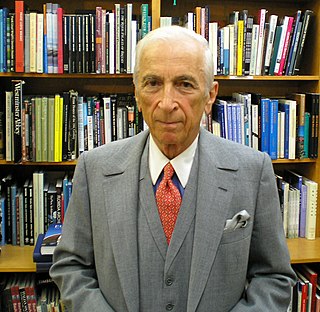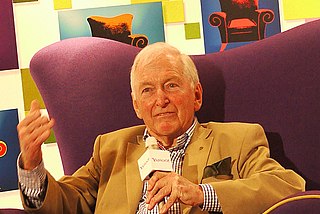A Quote by Hannah Arendt
If men were ever to lose the appetite for meaning we call thinking, they would lose the capacity for asking all the unanswerable questions upon which every civilization is founded.
Related Quotes
When Christians start thinking about Jesus, things start breaking down, they lose their faith. It's perfectly possible to go to church every Sunday and not ask any questions, just because you like it as a way of life. They fear that if they ask questions they'll lose their Christ, the very linchpin of their religion.
Probably no one of us has the True Religion. But all of us together - if we are allowed to be free - are discovering ways of conversing about the great mysteries. The pretense to know all the answers to the deepest mysteries is, of course, the grossest fraud. And any people who declare a Jihad, a holy war on unbelievers - those who do not share their believers' pretended omniscience - are enemies of thinking men and woman and of civilization. I see religion as only a way of asking unanswerable questions, of sharing the joy of a community of quest, and solacing one another in our ignorance.
Digital intimacy ruins the appetite for the real thing. So, when kids are gaming or even when spouses are gaming, they lose their appetite for genuine intimacy. Kids lose their appetite for getting their intimacy needs, their hunger for significance and attachment, with the family, and it erodes the relationship between them and their parents.
Friedrich Nietzsche predicted that secular people, losing touch with transcendence, would eventually lose a reference point from which to look down and judge themselves. In the end they would lose even the capacity to despise themselves. Thus, because of the 'death of God', they would confuse heaven with happiness, and happiness with health.
Every thinking man, when he thinks, realizes that the teachings of the Bible are so interwoven and intertwined with our whole civic and social life that it would be literally, I do not mean figuratively, but literally impossible for us to figure what the loss would be if these teachings were removed. We would lose all the standards by which we now judge both public and private morals; all the standards toward which we, with more or less resolution, strive to raise ourselves.





































